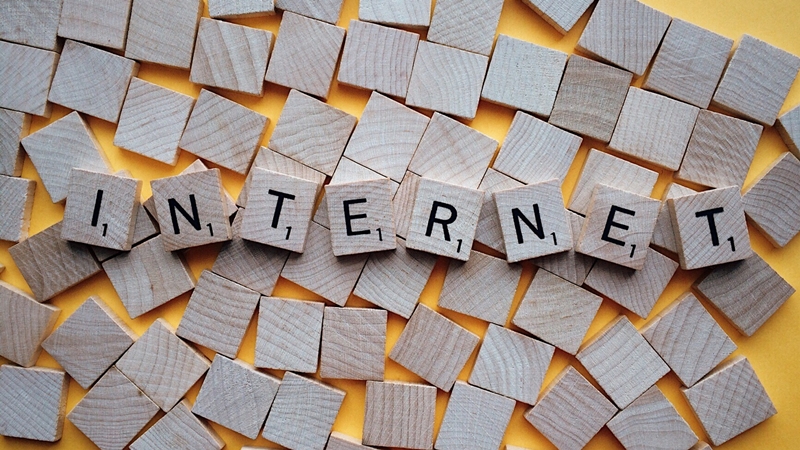The Federal Communications Commission yesterday voted 2-1 to begin the process of reversing net neutrality rules and the classification of internet service providers as common carriers.
For those that aren’t aware the current net neutrality laws in the US make it illegal for internet service providers to block or slow down the connection to websites. The vote, which took place yesterday, doesn’t kill the laws off just yet but the FCC can now start the process of changing them.
“Today, we propose to repeal utility-style regulation of the Internet. We propose to return to the Clinton-era light-touch framework that has proven to be successful. And we propose to put technologists and engineers, rather than lawyers and accountants, at the centre of the online world,” chairman of the FCC, Ajit Pai said in speech.
As Pai mentions the repealing of net neutrality laws is still a proposal at this stage and the US public will be able to comment on the proposals over the next 90 days.
Why does this matter?
Back in 2015 the FCC reclassified broadband as a telecommunication service and as such net neutrality laws could be passed. As the Electronic Frontier Foundation explains in a blog post this classification makes a world of difference.
“Under the Telecommunications Act of 1996, a service can be either a “telecommunications service” that lets the subscriber choose the content they receive and send without interference from the service provider; or it can be an “information service,” like cable television, that curates and selects what subscribers will get. “Telecommunications services” are subject to nondiscrimination requirements–like net neutrality rules. “Information services” are not.”
Following that explanation the fear we have is that ISPs could ostensibly decide what content is good for their consumers to get and which isn’t. For instance your ISP could say Facebook pays for priority on the network so Twitter will be delivered to customers at a slower rate.
Of course this is a “US problem” but we should pay close attention to how world leaders are approaching the topic of net neutrality especially given that folks like Telkom Group chief executive officer Sipho Maseko says he has a “personal, philosophical problem” with net neutrality. In other words, it’s not beyond the realm of possibility that the problems happening across the pond could manifest here.
Access, the cost of data and even devices used to access the internet are already prohibitively expensive for some Africans. Let’s hope the laws surrounding access don’t present another hurdle.
[Via – Washington Post] [Image – Public Domain Pixabay]

